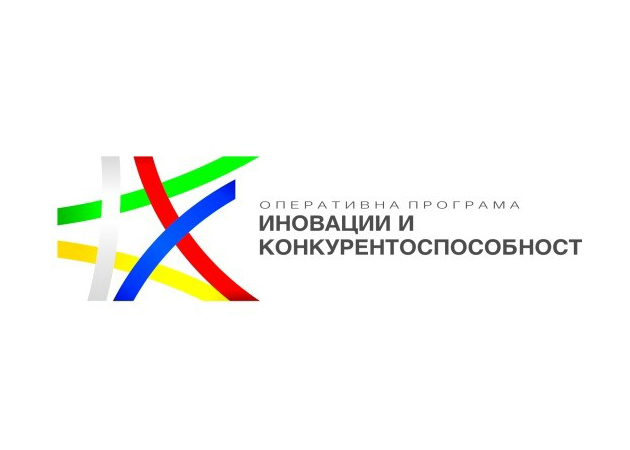COMMISSION ADOPTS €11 BILLION PARTNERSHIP AGREEMENT WITH BULGARIA FOR 2021 – 2027
Cohesion Policy funds will promote economic, social and territorial cohesion in the Bulgarian regions and help implementing key EU priorities such as the green and digital transition. These funds will also support policy areas where Bulgaria has potential to improve and reduce regional disparities within the country.
The Partnership Agreement covers the European Regional and Development Fund – ERDF, the European Social Fund Plus - ESF+, the Cohesion Fund – CF, the Just Transition Fund – JTF, and the European Maritime Fisheries and Aquaculture Fund - EMFAF.
Green transition and reducing energy dependence
€2.4 billion from the ERDF and Cohesion Fund will help Bulgaria achieve its climate targets.
In particular, €600 million will help increase the share of renewable energy to 27% of total energy consumption as well as reduce energy consumption and greenhouse gas emissions in public buildings. ERDF funding will also be used to recycle 70% of all packaging waste.
Moreover, the investments will also focus on the reduction by more than 1/3 (at least 35%) in the share of the population living at risk of natural disasters, such as floods or wildfires.
The JTF will provide €1.3 billion to ensure a socially and economically sustainable transition. The Fund will improve the capacity of the impacted territories to make better use of renewable energy.
Catching up with the EU and supporting the most vulnerable regions
The funds will also help Bulgaria improve its basic infrastructure, especially in the regions where infrastructure investments are insufficient or lacking. Almost half of the total Cohesion Policy funding, €4.2 billion will be invested in the Northwest, North Central and Northeast regions, including in co-financing the construction of the Shipka Tunnel, the first tunnel through the Balkan Mountains.
Moreover, EU support for the business environment is expected to increase the share of innovative small and medium-sized businesses that will create jobs and contribute to the development of the Bulgarian economy from 27.2% in 2016 to 32% in 2026.






